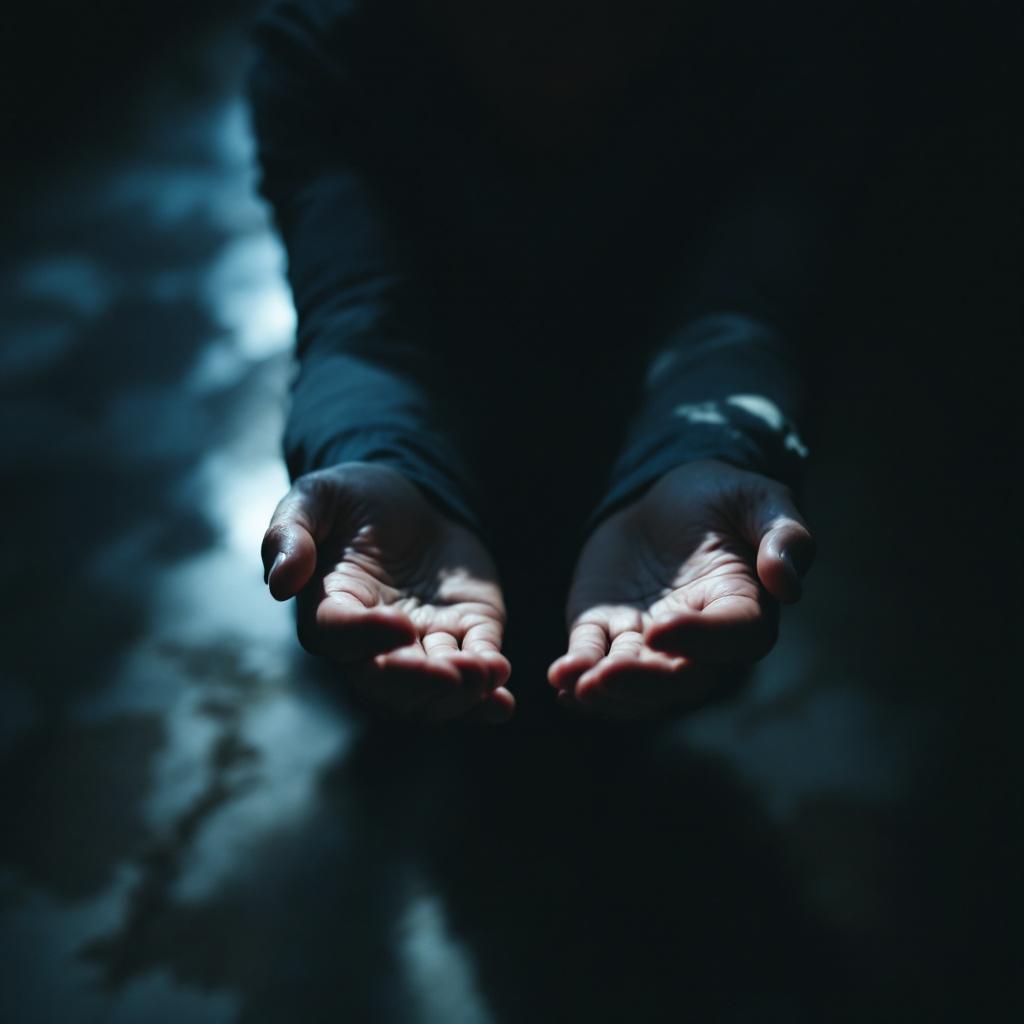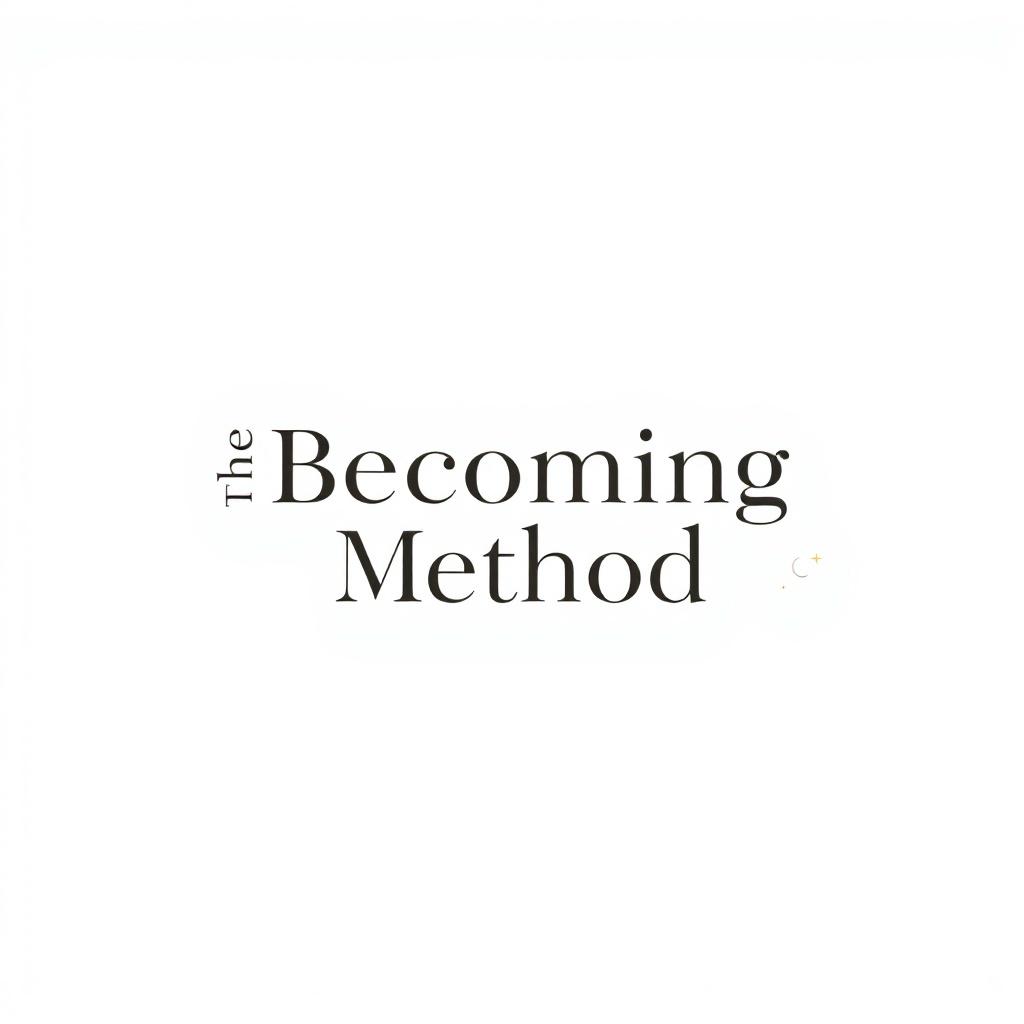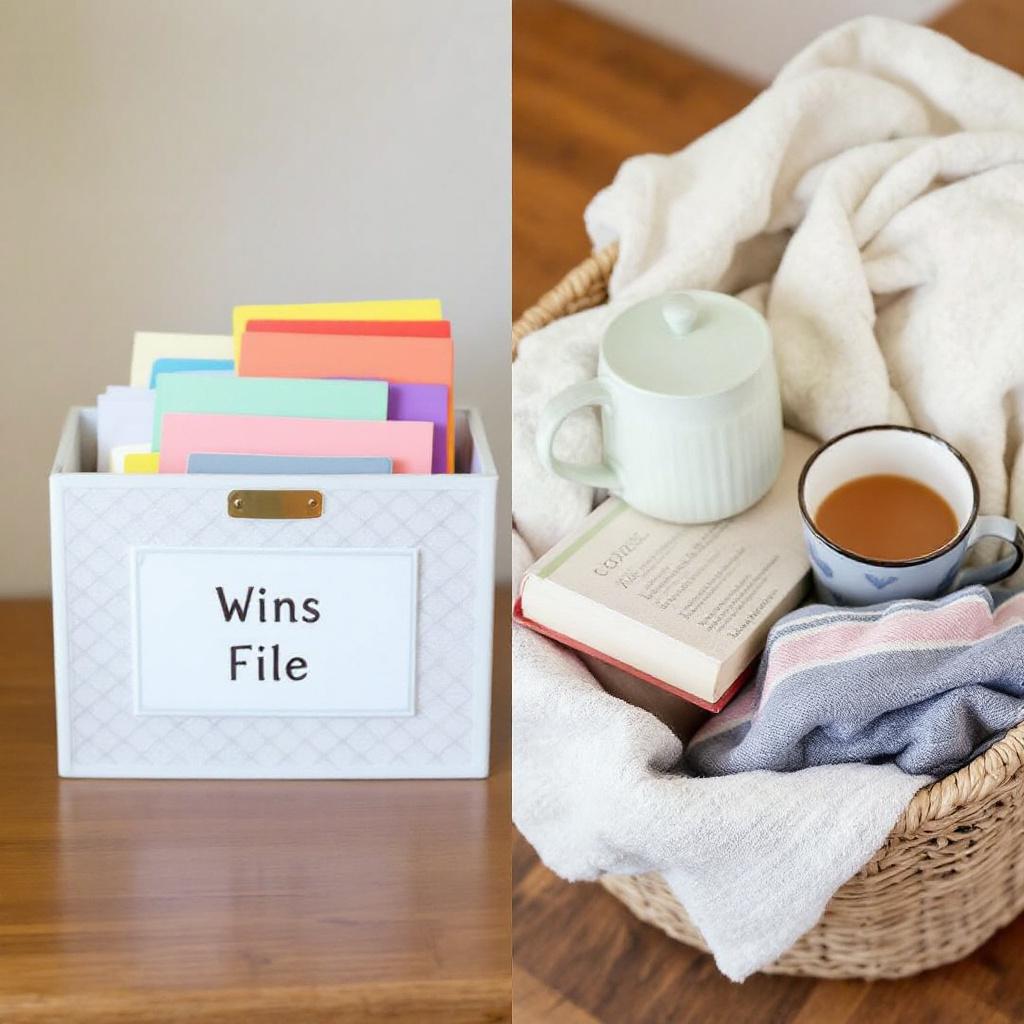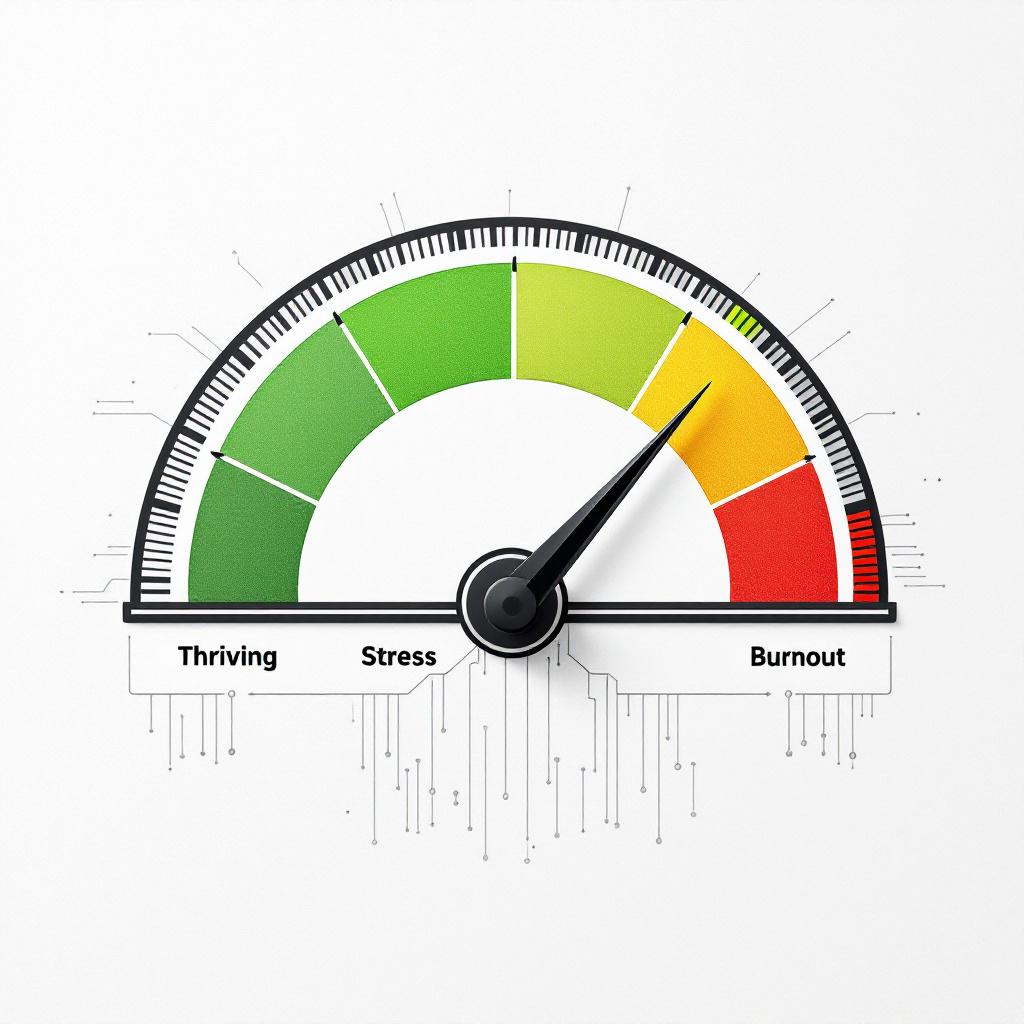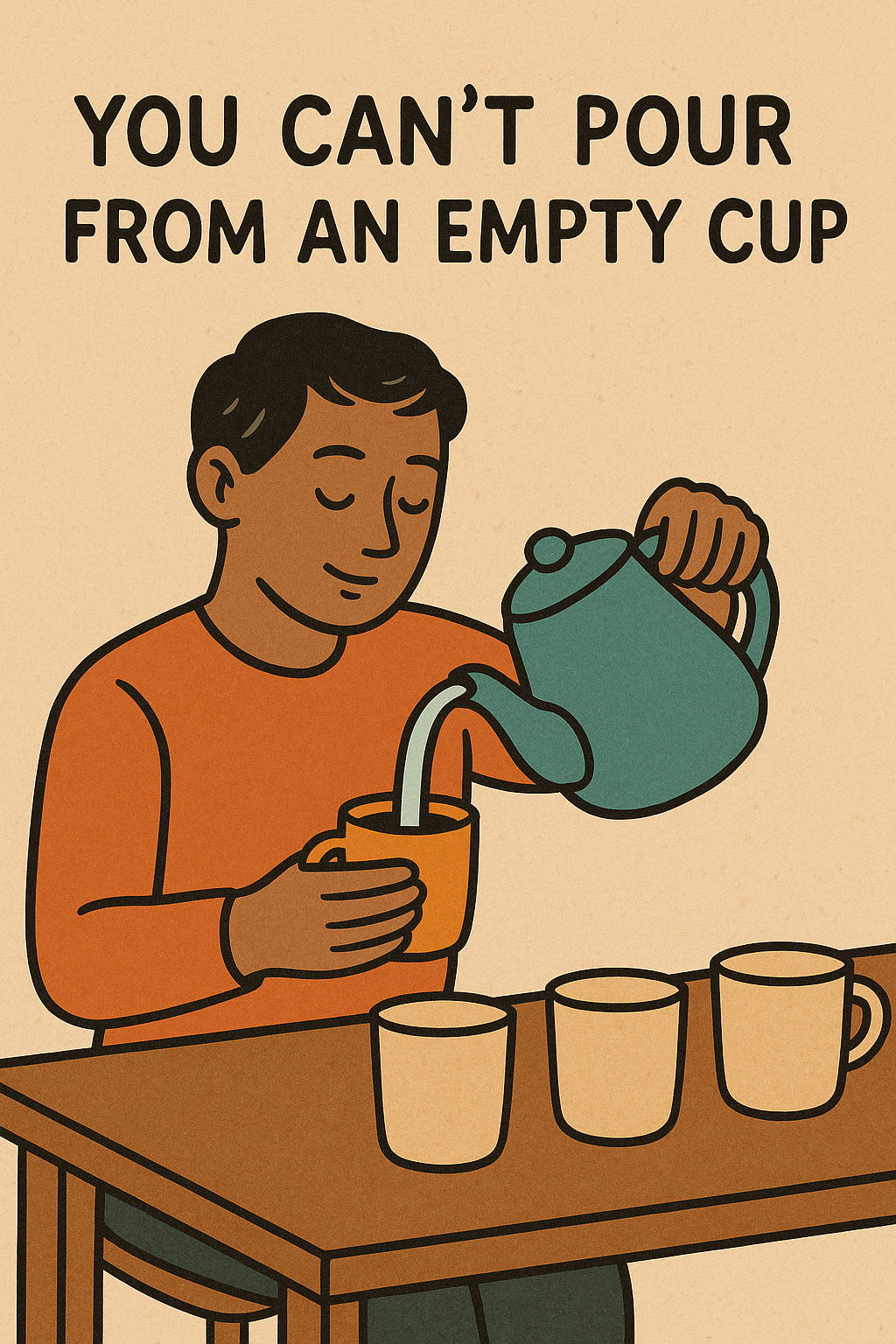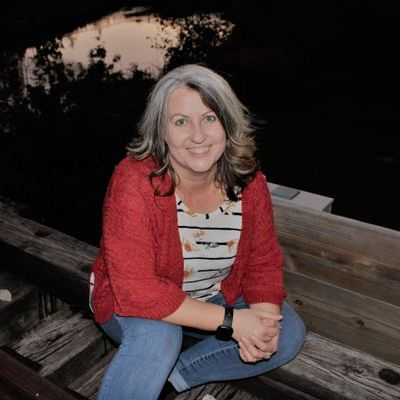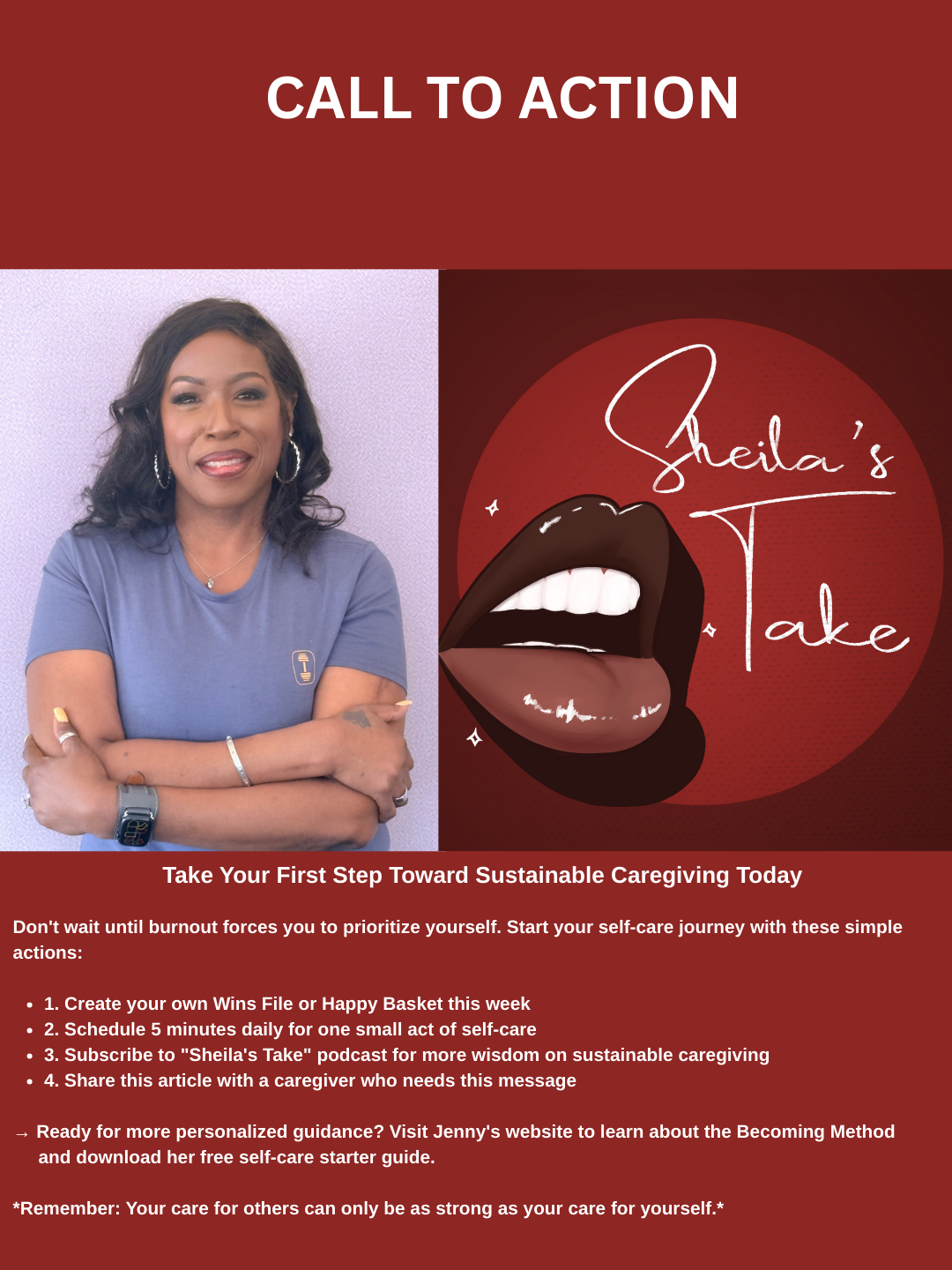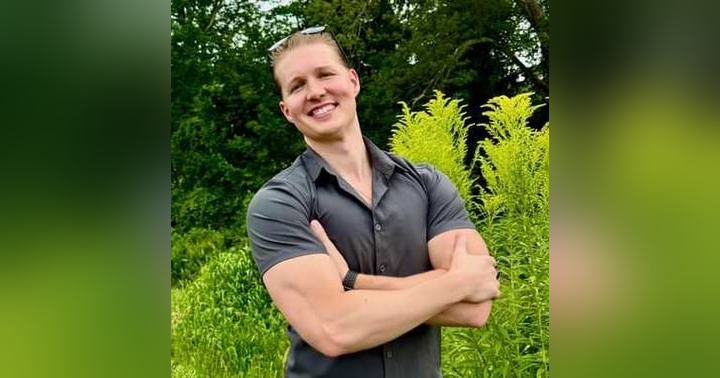Beyond Bubble Baths: A Hospice Nurse's Guide to Real Self-Care for Caregivers
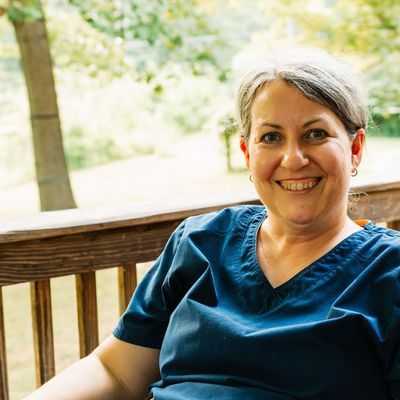
In the latest episode of "Sheila's Take," I sat down with Jenny Lytle, a veteran hospice nurse and creator of the "Becoming Method," to explore the often-overlooked world of caregiver self-care. Our conversation reveals powerful insights for anyone who puts others first—whether you're a healthcare professional, parent, teacher, or caregiver of any kind.
The Caregiver's Paradox
The episode begins with a striking observation: those who spend their lives caring for others often neglect their own well-being. I frame this as the paradox of sustainable compassion—how can we continue giving to others if we're depleted ourselves?
"It's like the airplane oxygen mask instruction," Jenny explains. "You have to secure your own before helping others. But caregivers instinctively do the opposite."
Jenny's twenty-plus years in hospice care have given her a unique perspective on this paradox. Working with patients at the end of life taught her the urgency of self-care in a profound way.
"In hospice, you witness people's regrets. So many wished they had taken better care of themselves or spent more time doing what brought them joy," she shares. "I didn't want that to be my story."
From Personal Crisis to Awakening
Jenny's journey to becoming a self-care advocate wasn't theoretical—it was born from her own burnout experience. She describes a period where she was working full-time in hospice, raising children, and helping elderly parents, all while maintaining no boundaries.
"I was saying yes to everything and everyone except myself," she admits.
The turning point came unexpectedly with her mother's sudden death. This profound loss deepened Jenny's understanding of how caregivers, particularly women, tend to neglect themselves.
"My mom was the ultimate caregiver. She took care of everyone but herself," Jenny reflects. "When she died, I realized I was following the same path, and I needed to change course."
Redefining Self-Care: The Becoming Method
One of the most enlightening aspects of the conversation is how Jenny reframes self-care itself. Forget expensive spa days and elaborate rituals—real self-care, she argues, is deeply personal and often surprisingly simple.
"Self-care isn't selfish; it's essential," Sheila emphasizes, setting the tone for the practical advice that follows.
Jenny's Becoming Method offers a personalized approach to self-care that focuses on small, meaningful practices tailored to individual needs. Rather than prescribing universal solutions, she encourages listeners to discover what genuinely recharges them.
"What works for your friend or colleague might not work for you," Jenny says. "The question isn't 'What should my self-care look like?' but 'What do I actually need right now?'"
Practical Tools Anyone Can Use
The conversation turns remarkably practical when Jenny shares two of her favorite self-care strategies:
1. The Wins File: A physical or digital collection of positive moments, kind messages, and accomplishments. "On tough days, revisit your wins file to remind yourself of your impact and value," Jenny suggests.
2. The Happy Basket: A container filled with small items that bring you joy or comfort—perhaps a favorite tea, a scented candle, a meaningful photo, or a cozy pair of socks. "When you need a quick reset, reach for your happy basket instead of your phone," she advises.
Both tools cost little to nothing but provide powerful emotional support when needed most.
Overcoming the Barriers to Self-Care
Jenny addresses the four most common objections caregivers have to prioritizing themselves:
- Guilt: "Start by recognizing that self-care makes you a better caregiver, not a selfish one."
- Time: "Even five minutes can make a difference. It's not about duration but intention."
- Money: "The most effective self-care practices are often free—breathing, walking, connecting with nature."
- Not knowing where to start: "Begin with one small thing that feels good and build from there."
Recognizing Burnout Before It's Too Late
Perhaps most valuable is Jenny's insight on identifying burnout early. She outlines warning signs that shouldn't be ignored:
"When you find yourself constantly irritable, dreading things you used to enjoy, experiencing physical symptoms like headaches or digestive issues, or feeling emotionally numb—these are red flags," she cautions.
The key to prevention, she explains, is establishing clear boundaries and regularly checking in with yourself. "Ask yourself: What do I need right now? Then honor that answer."
A New Perspective on Caregiving
By the end of the episode, compelling new narrative has been crafted around self-care for caregivers—one that positions self-care not as an indulgence but as a fundamental practice that enables sustainable service to others.
"The truth is, you cannot pour from an empty cup," Jenny concludes. "Taking care of yourself isn't separate from taking care of others—it's what makes it possible in the long run."
For caregivers accustomed to putting themselves last, this message offers both permission and practical guidance to begin a new relationship with self-care—one small, meaningful step at a time.
*To learn more about Jenny Lytle's work and the Becoming Method, visit her website at Jenny Lytle, BSN, RN's Website or follow her on social media Facebook Her book Self-Care Isn't Selfish is available wherever books are sold.*
*Listen to the full episode of "Sheila's Take" with Jenny Lytle on your favorite podcast platform.*
